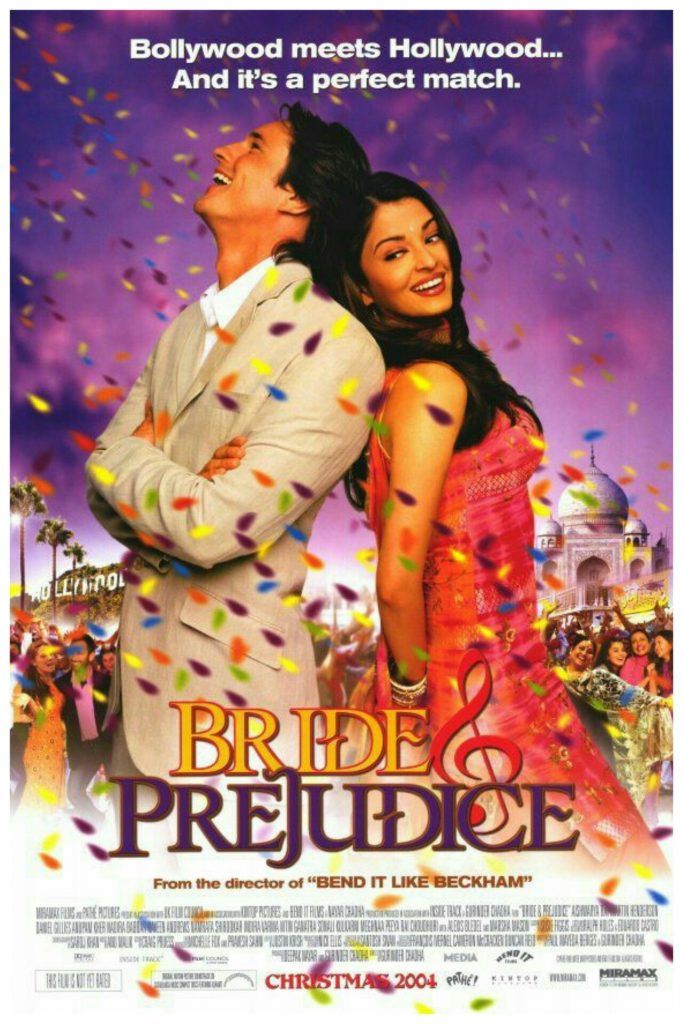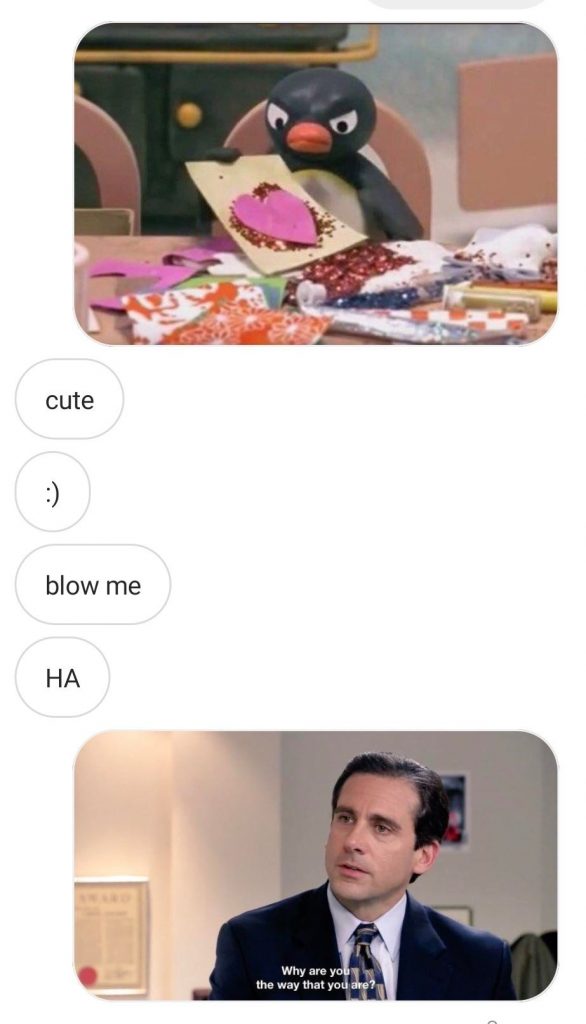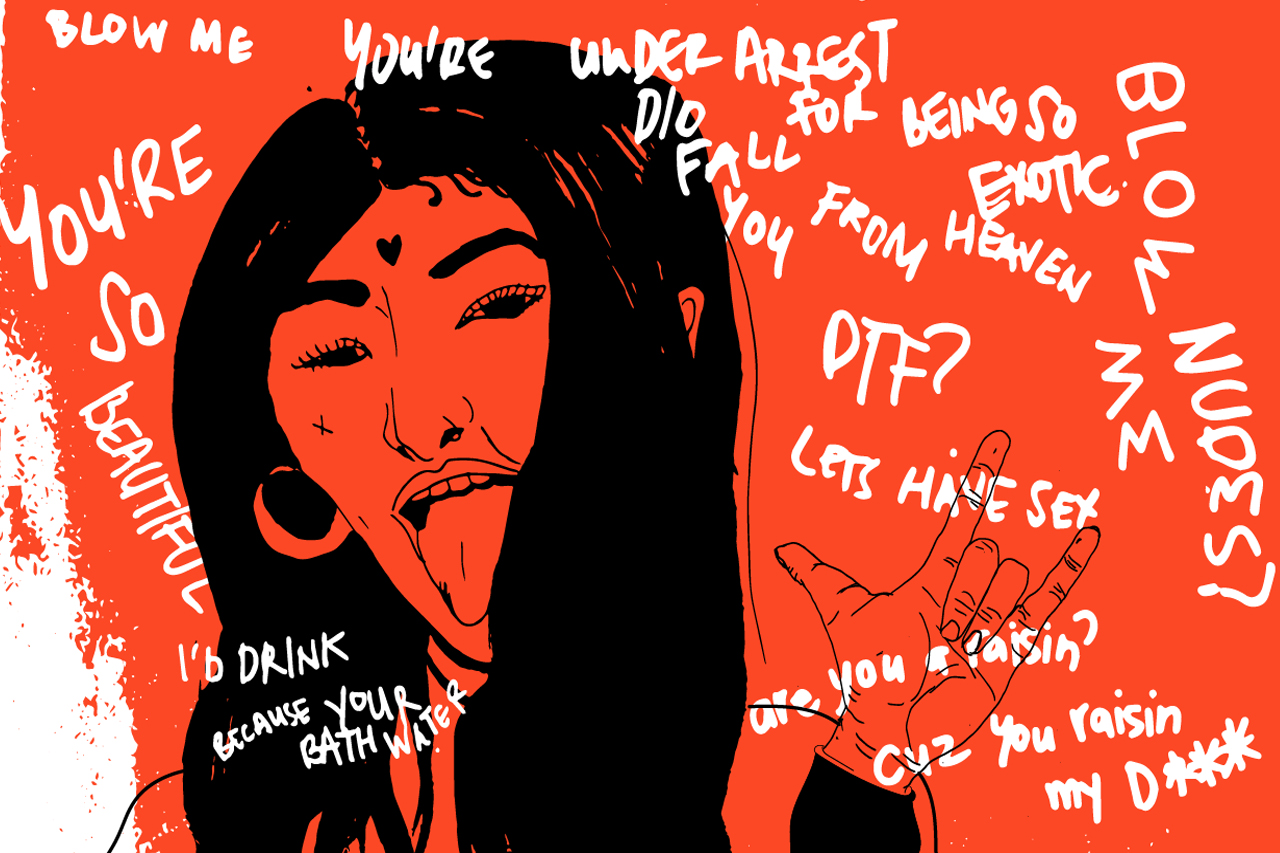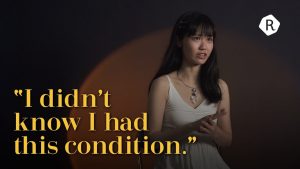After a terrible introduction to the perils of young love, I stayed clear of boys (yes I mean boys, for men were a far cry from the kind I was surrounded with) for quite some time. Yet if dating—be it online or through friends—was not something I was keen on, I had an option others didn’t: an arranged marriage once I was ready to settle down.
Hasan Minhaj likens the idea of an arranged marriage to swiping on someone without pictures, which makes a whole lot of sense to me. Imagine being a woman who meets her future husband for the very first time on the day of her wedding; if this isn’t petrifying, I don’t know what is. As a girl born into a culture that still practises the tradition of arranged marriages, I realised that any argument I could have against online dating was pretty much moot.
I’d spent most of my adolescence being told never to breathe in the direction of the opposite gender unless I wanted to get slaughtered for fraternising at such a tender age (I didn’t think 16 was that terrible an age to start dating, honestly). However, the moment I hit my 20s, ladies within the extended family started noticing me, and actively sticking their noses into my love life (or lack thereof). The sudden switch was baffling, even more so when my mother asked if I had any intention to go out and date someone. If I was ready to literally stick my neck out for a stranger in an arranged marriage, what difference would it make if I chose to go online looking for a man to date?
This reminded me of Bride and Prejudice, the horrid attempt at an adaptation of the Jane Austen classic, in an Indian context. There was absolutely no need for Bollywood to meet Hollywood, as the tagline on the film poster promised its viewers—why would anyone want to watch Aishwarya Rai fall in love with an American? Is it honestly worth fighting your family over a man who barely gets your culture or values? It didn’t help that I was doing the same thing with online dating—mashing my traditional Indian values with those picked up along the way as a digital native, this could be a recipe for disaster. I still went with it anyway.

Thus I dived into the world of online dating, starting with the most accessible: Tinder. The interface was fairly easy to work with; setting up a profile had never been this effortless, with the simplest of questions and a couple of photos I had on hand to give swipers a rough idea of what I’m like as a person, although sometimes in retrospect I think it might have been a terrible choice to show them the best parts of myself, quite literally.
I got off to a bit of a rough start. There were multiple instances when I threw excuses at almost every guy I matched with who invited me to hang out. They might have been perfectly normal people, but I was not ready to head out and talk about my favourite colour or television show on loop until I found the right one. I found it hard to trust in the fact that these people honestly just wanted to grab a drink with me, not with all these online dating horror stories floating about. Perhaps it was a lack of trust, or me being highly selective about who I wanted to be seen with—I just knew I wasn’t ready enough to head out and socialise.
Soon my matches grew to the hundreds, and that’s when things started getting interesting. I’m sure girls out there might have had similar experiences, but boy did it get a little exotic, if I may say so. It didn’t help the fact that the media has always played heavily on the exoticism of brown women around the world, and sold the innocence our women display as a result of conservative upbringing. Just when I thought that we would be able to step out of this box, I just kept getting proven otherwise.
So here’s a quick look at some of the intriguing types of men I’ve met:
Here, you get trapped between two types of men heavily influenced by the Western culture they grew up with (or maybe were recently exposed to during their time of study, but who knows?). The first kind adores women of colour, perpetuating the demand for exotic representation of women of colour in media—basically the type that thinks they know all about your culture because they watched Slumdog Millionaire. For reference, this is basically Schmidt from New Girl, watch the video where he gives an insulting explanation of what he loves about India to Cece (who is an Indian). I obviously feel no remorse bursting this bubble right off the bat.
No, we do not all live in slums, nor does the whole of India only have slums and flower markets (yes, I’m looking at you, Coldplay—I’m so disappointed in you guys for going with Hymn for the Weekend).
The second kind throws out random compliments that hardly make sense, though they lean towards making you feel like an “Asian princess” (if that’s your thing) just to get in your pants. For context, take some time to watch the 90s film Kama Sutra: The Tale of Love.
Mira Nair has been nominated for a couple of prolific awards, but this was not one of her best films; it’s sad that she actually thought it would be a good idea to make a film about the book most men use in a conversation when asked about India or the Indian culture. This film only served to perpetuate the fact that India is known for being the place of birth to a tome that has taught people around the world about the art of seduction and lovemaking.
Pick your poison.

If I had a dollar for every time a match sent a text asking me why I just won’t smile, I could probably afford a male escort to take me out on romantic dates while listening to me whine about life with the promise of a great end to the night (if you’ve seen The Hook Up Plan/Plan Coeur on Netflix, you’d catch my drift). Alas, that is never the case.
This might not be an experience exclusive to me as a brown girl, women around the world are often told the same thing if they happen to sport a face that is not deemed pleasant enough. This clearly cements the fact that women, regardless of race, seem to come across men (at some point in their lives) who take it upon themselves to try and educate us on the right way women should behave (as they seem to believe so).
I mean, what would the queen of the RBF, Victoria Beckham, say?

These guys fell squarely in the cons when I first started my research before getting into online dating. Their talent to spin anything you’ve said into something sexual is unrivalled—something as simple as a question about pineapples on pizza miraculously gets a fact about the sweetness of bodily fluids thrown right at you.
Think of this as running through a minefield, but instead of getting blown to pieces, you get bodily fluids shot at you from all directions.

Friends who have walked the path of online dating have relayed their tales of woe and misery, irrespective of the backgrounds they come from: they have either been propositioned for sex (as what the application is notoriously known for), or told what they should change about their appearance before they’ll pass the litmus test for being date-worthy.
They might not have been as exoticised as I was, but it doesn’t change the fact that their online experiences with men were just as dismal. And it still baffles me after a series of unfortunate events, they would still pick online dating over meeting someone through a friend.
Why is that so? Could it be that we are all just used to the comforts of building relationships, platonic or otherwise, through the digital space? Creating social interactions has never been easier with a text, and this has shaped our outlook on dating, making Tinder the simplest way to expand social circles and ultimately start dating—there’s no need to ask someone to introduce you to a potential love interest, or for you to attend a social soirée to catch someone’s eye.
This brings me to the point where I ask myself if it would actually be that bad an alternative to pick an arranged marriage over online dating. In practice, the status quo of arranged marriages has evolved. With brown parents being exposed to metropolitan societies like the one we have here, modifications do get made to the antiquated system. These days, it’s more accurate to think of it this way: you get to go out on dates, hang out, get to know each other, but it’s a guy that your parents picked out for you.
Wouldn’t that be less painful?
Immigrants from India born into wealthy families during the 20th Century have actually gotten the ball rolling with this modified culture. They typically get introduced to a potential partner to get acquainted with, unaccompanied by the need for it to end in matrimony. If this person isn’t seen as a good fit, it’s as simple as just saying goodbye before moving to someone else. It is rather interesting to observe the change in these practices with time, to ensure that wealth within high society families stay protected. The focus is often on finding a suitor who understands the background and expectations that come with marrying into such a family.
Despite the growth in socio-economic status, these families actually still prioritise culture and religion when picking potential suitors through highly efficient matrimonial sites that operate like clockwork. Submit a request to find a suitor of a particular racial, religious, or financial background, and voila, a highly curated pool of men are presented for you to pick from. It’s Tinder, but the version your parents would love.
With that, I shall leave you to give it a good think. I’ll just be here fine-tuning my potential profile for matrimonial sites, should all else fail for me.






